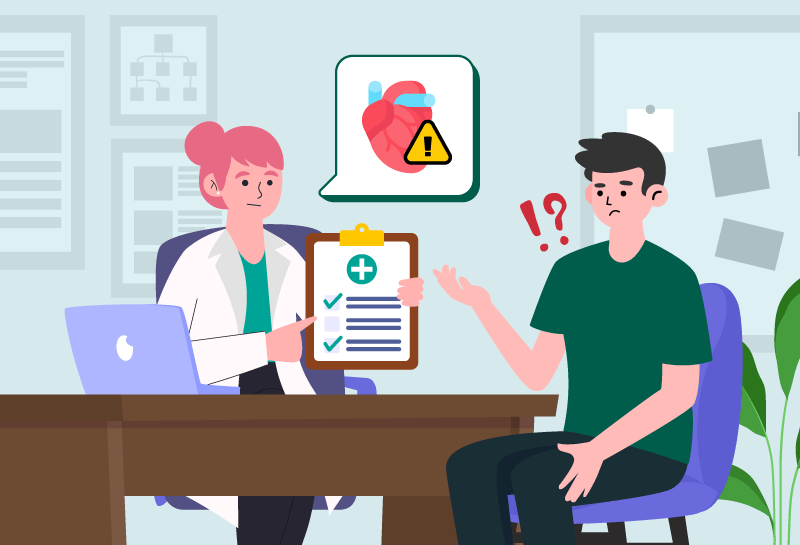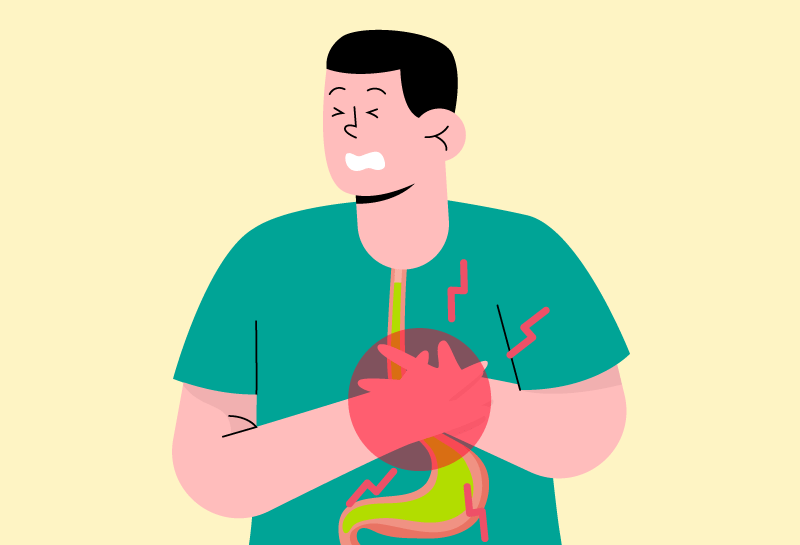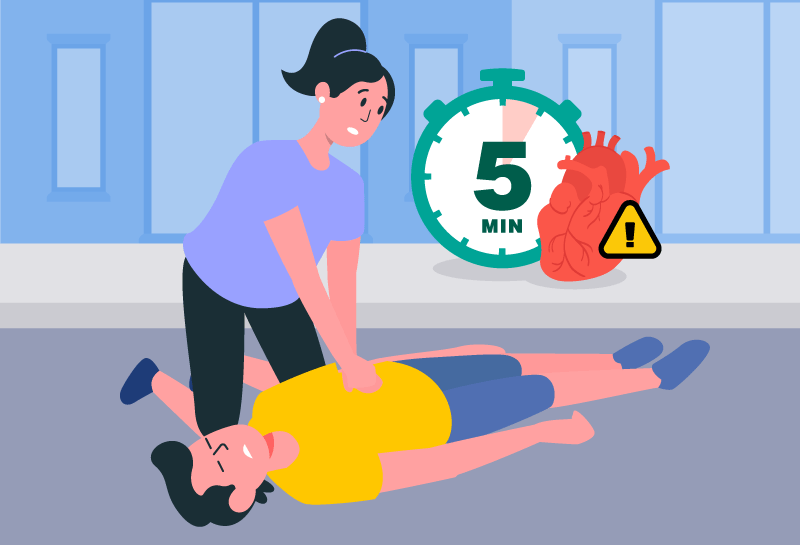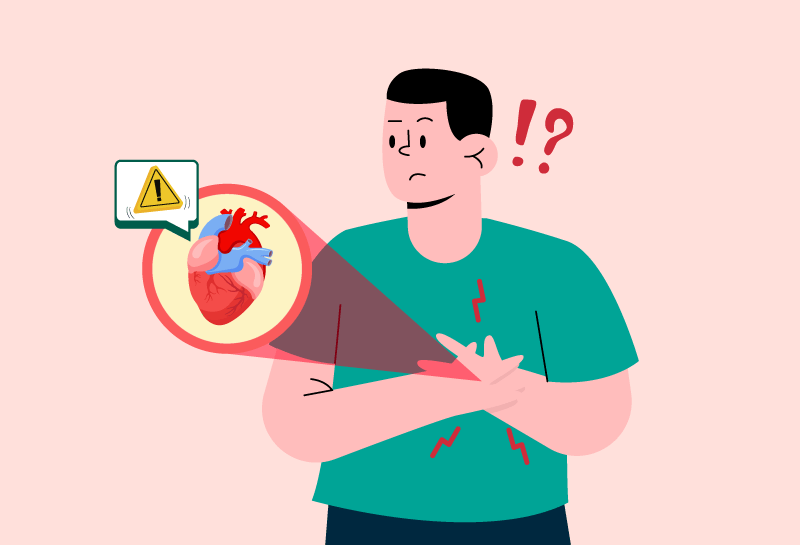Some of you may not be familiar with diabetes but may be curious about this health condition, so we’ve compiled a
list of 7 facts to help you learn more.
As you consider these facts, we hope you will be inspired to learn more about diabetes and seek out methods to
improve the quality of life for individuals who suffer from it.
What is Diabetes?
Before we begin, let’s explain what diabetes does. When you are diagnosed with diabetes, your
body is unable to properly convert food into energy, making the disease a chronic (ongoing) illness.
Insulin is a hormone produced by most people’s bodies naturally; it helps in the conversion of sugars from food into
energy the body can use immediately or store for later.
When you have diabetes, your blood sugar levels rise because your body either doesn’t produce enough insulin or isn’t
able to effectively use the insulin it does produce.
Fact 1 – Eating too much sugar is not the only culprit in developing diabetes.
It is more complicated
than you might imagine for sugary foods to
cause diabetes. As an autoimmune disorder, type 1 diabetes is more common in children and teenagers. The
presence of a diabetic relative in the family has been linked to a higher risk of developing Type 1 diabetes.
Since the pancreas is unable to produce insulin, glucose cannot enter the cells of the body and provide energy. Sugar
does not cause Type 1 diabetes; however, people with the condition still need to watch their sugar intake.
The most prevalent kind of diabetes, known as type 2 diabetes, develops when the body stops responding normally to
its own insulin. Over time, your body stops producing enough insulin to keep blood sugar levels normal.
Being overweight or obese, or coming from a diabetic family, are the main causes of this condition. However, excess
sugar consumption is associated with weight gain and an increase in body fat, both of which directly increase the
risk of developing diabetes.
Fact 2 – Diabetes cannot be cured.
There is currently no medication that will get rid of this
chronic health condition. Lifestyle changes, including exercise, weight
loss, and a healthy diet,
are currently the closest thing to a cure. These adjustments can sometimes reverse type 2 diabetes.1
Fact 3 – Diabetics eat sweets.
Yes, you read that right diabetics can eat sweets but within their limit.
Sugar and flour in cookies and other sweets raise blood sugar.
If you want to keep your blood sugar levels steady, you need to keep track of the number of carbohydrates you
consume at every meal. Steady blood sugar also helps diabetics in figuring out how much insulin they need to
consume.
Fact 4 – Diabetes can damage other organs and cause health problems.2
When the disease is not
well-managed, it can lead to a number of serious comorbidities. Comorbidities are other health problems that happen
alongside diabetes.
The heart, eyes, kidneys, and brain are just some of the vital organs that can be negatively
impacted by diabetes. To avoid these complications, people with diabetes must choose an effective treatment
regimen.
Fact 5 – From 108 million in 1980 to 422
million in 2014, the global prevalence of diabetes has increased dramatically
If you take
preventative measures now, you may be able to avoid the long-term health risks associated with diabetes, such as
nerve, kidney, and heart damage.
Regardless of how late it may be, you can always begin now. Avoiding type 2 diabetes and its complications can be
done by:
Keeping a normal and healthy weight.
Engaging in regular physical activity, aiming for at least 30 minutes of moderate intensity on most days.
Following a balanced diet low in sugar and saturated fats.
Fact 6 – Diabetes can cause mood swings.
Mood
swings may be a side effect of fluctuating blood sugar levels and the mental health of a person might be
negatively impacted by the stress of dealing with diabetes on a daily basis.
Family and friends may be a great source of support for someone with diabetes if they are aware of the ways in which
the health condition can impact personal relationships.
Fact 7 – Managing diabetes effectively takes time and effort.3
Whether you or a loved one has
recently
received a diabetes diagnosis, know that adjusting to this new reality will take time and patience.
Reaching and maintaining normal blood glucose levels over time requires a significant amount of self-monitoring,
self-administration of insulin, and finger-pricking.
Long-term consequences might develop from untreated diabetes. Understanding how to keep your diabetes under control
is crucial, but it’s also necessary to remember to take things one day at a time.
References
- Can You Reverse Type 2 Diabetes? WebMD. Available at: https://www.webmd.com/diabetes/can-you-reverse-type-2-diabetes.
- Diabetes Complications. WebMD. Available at: https://www.webmd.com/diabetes/diabetes-complications.
- Diabetes management: How lifestyle, daily routine affect blood sugar. Mayo Clinic. Available at: https://www.mayoclinic.org/diseases-conditions/diabetes/in-depth/diabetes-management/art-20047963.



 Copied
Copied






 15 mins read
15 mins read 





